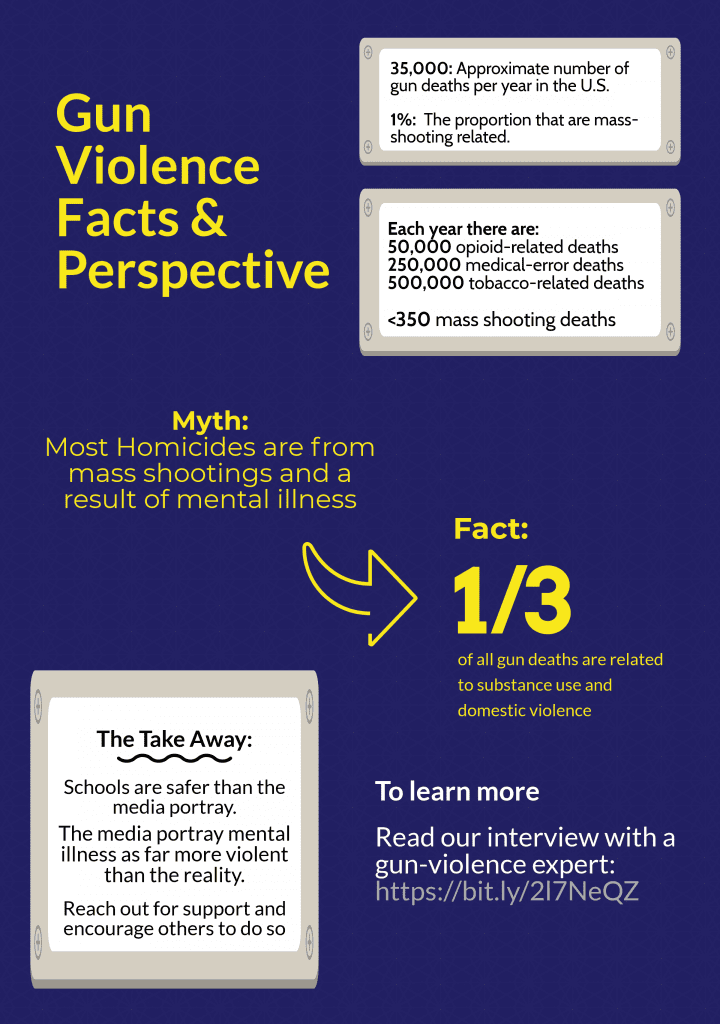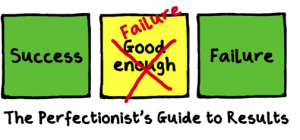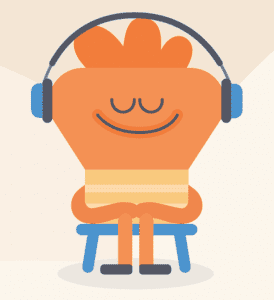I wrote a couple of blogs (here and here) about the Stand Together project and its year-end celebrations among its middle and high-school students who work to bring greater awareness to their fellow students about mental illness and treatment. And I was a little haunted by something that the high-schoolers told me about their biggest stress on social media:
The worst is when people joke about school shootings. If they don’t like a particular teacher, they’ll say, ‘That teacher is why people shoot up schools.’
They also reported that kids say worse things—but we’re not going to repeat what they said here, because of what’s called “contagion”: sometimes when someone is close to being violent, hearing or reading something provocative or intense about violence could tip that person over the edge and accelerate their movement toward committing a violent act.
 So says Jack Rozel, MD, MSL, who works as medical director at “resolve Crisis Services” in Pittsburgh. People call resolve’s number when they have a mental health emergency. You hear it all the time on the voice-mails of therapists: “If you’re having an emergency, go to the nearest emergency room, or call resolve.”
So says Jack Rozel, MD, MSL, who works as medical director at “resolve Crisis Services” in Pittsburgh. People call resolve’s number when they have a mental health emergency. You hear it all the time on the voice-mails of therapists: “If you’re having an emergency, go to the nearest emergency room, or call resolve.”
Dr. Rozel specializes in emergency psychiatry and is a national expert in gun violence. Last year he published a super informative paper in the Annual Review of Clinical Psychology about links between mental illness and gun violence.
Here is some of what he said . . . and at the end are some tips he had for what to do if you hear people joking about school shootings.
Myths and facts
Myth: People think school shootings—which are a type of “mass shooting”—make up most of the gun-deaths in this country.
Fact: There are more than 35,000 gun deaths per year in the U.S., and much less than 1 percent—or about 350 deaths—are mass shootings. School shootings make up a fraction of that 1 percent. (The biggest percentage of gun deaths are suicides, which do involve mental health issues, Dr. Rozel said. The next biggest fraction is homicides, which are driven by gun accessibility, substance use, and domestic violence.)
Myth: Most homicides that involve guns, including mass shootings, are a result of mental illness.
Fact: Substance use and domestic violence drive more gun violence than mental illness, and they are greater factors in most homicides, which make up about one-third of all gun deaths. Mass shootings, Dr. Rozel says, have a larger percentage of mental illness. The important consideration is to get mental health treatment to people who need it—that includes kids. After the Columbine school shooting, a study looked at 37 school shootings that involved 47 shooters. Only one-third had ever been flagged for mental health evaluation, and only one-half of those who were flagged had a diagnosis.
So why do people think school shootings kill so many people?
Because school shootings are events that involve more than one death at a time, and also involve kids and young adults. These kinds of events make sensational stories for journalism outlets—it’s harder for them to cover the 35,000 individual gun deaths that happen every year, and those stories don’t generate as many clicks.
What are the dangers of this kind of coverage?
The “contagion” we talked about before is one danger. Dr. Rozel notes:
Studies say when we have a highly publicized event, in two to eight weeks we see an increase in similar highly publicized events. If I were a shooter who was halfway there, maybe that kind of publicity would accelerate me.
Another danger is that mass shooters usually commit suicide and leave writings detailing how much they studied the plans their predecessors made. What do they study?—the in-depth coverage of previous events.
So how safe are schools?
Dr. Rozel encourages people to think about the real numbers: mass shootings are very rare—only about a percent of all homicides or interpersonal shootings. Mass shootings in school settings are even more rare.
At the same time, we have one hundred times that number in total gun homicides; we have 50,000 opioid deaths; we have hundreds of thousands of deaths due to medical error.
Most of the people killed by guns in this country are adult males, Dr. Rozel said. “In the U.S., it’s 25 times as likely for an adult American man to be shot and killed as it is in other economically developed countries,” he said.
“In reality,” Dr. Rozel said,
for all that schools have to deal with and manage, they do a really good job at keeping kids safe.
What should I do if I hear somebody joking about mass shootings, in real life or on social media?
The high schoolers of Stand Together said they speak back to the people making jokes. One student told me,
I tell them straight up that it’s not right to talk like that. I say that those people who were in the shootings were really hurt, and that those things really happened, and you can’t joke about it—it’s not healthy.
This is the best response, Dr. Rozel said. “Social media memorializes every dumb thought we have, and it would be great if we could get people to feel comfortable enough to speak back to comments like these,” he said.
Here are some of Dr. Rozel’s suggestions:
- If you see something, say something.
- If you hear about something, do something—especially if you’re school leadership.
- It’s always okay to reach out for support.




 So says Jack Rozel, MD, MSL, who works as medical director at “resolve Crisis Services” in Pittsburgh. People call resolve’s number when they have a mental health emergency. You hear it all the time on the voice-mails of therapists: “If you’re having an emergency, go to the nearest emergency room, or call resolve.”
So says Jack Rozel, MD, MSL, who works as medical director at “resolve Crisis Services” in Pittsburgh. People call resolve’s number when they have a mental health emergency. You hear it all the time on the voice-mails of therapists: “If you’re having an emergency, go to the nearest emergency room, or call resolve.”





 Mental illness can make going to school really challenging, no matter where you are in your education. Some readers have asked us about Section 504 and how it can help folks balance school and life, especially when they’re experiencing tough symptoms. Here is some information that might be helpful.
Mental illness can make going to school really challenging, no matter where you are in your education. Some readers have asked us about Section 504 and how it can help folks balance school and life, especially when they’re experiencing tough symptoms. Here is some information that might be helpful.
 The
The  People are already raising awareness on social media by hash-tagging #WearOrange and
People are already raising awareness on social media by hash-tagging #WearOrange and 
 Sometimes it can be hard to figure out what information on social media sites comes from reliable and credible sources. Just because something sounds true does not mean it is. Here are some tips on how to decide whether a site is trustworthy before you share/retweet it on your news feed!
Sometimes it can be hard to figure out what information on social media sites comes from reliable and credible sources. Just because something sounds true does not mean it is. Here are some tips on how to decide whether a site is trustworthy before you share/retweet it on your news feed!
 Decorating soldiers’ graves is a very ancient tradition, and the practice of doing it on a specific day has had all kinds of names in different communities. One of the most common was “Decoration Day.”
Decorating soldiers’ graves is a very ancient tradition, and the practice of doing it on a specific day has had all kinds of names in different communities. One of the most common was “Decoration Day.”
 Here is a drawing I did just now with the trackpad on my laptop. What do you think it looks like—a cat, or a jellyfish, or a spaceship?
Here is a drawing I did just now with the trackpad on my laptop. What do you think it looks like—a cat, or a jellyfish, or a spaceship?
Recent Comments